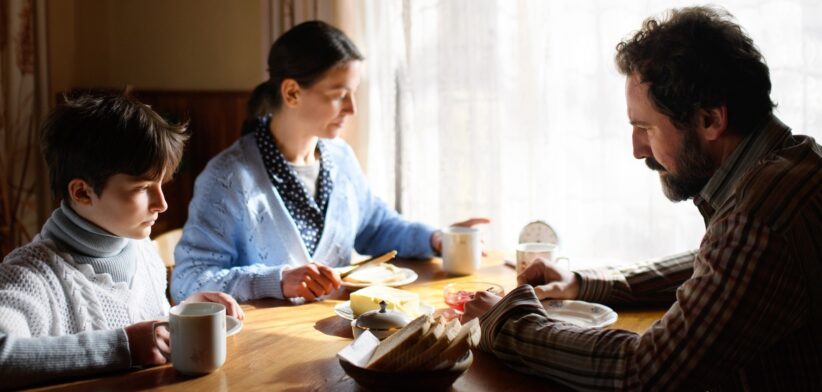Single working parents in Queensland have costs $150 above what they earn every week, according to a new report.
The Queensland Council of Social Service’s (QCOSS) 2024 Living Affordability Report, released today, reveals parents are being forced to skip meals and feed their children cheaper, unhealthy meals to survive.
QCOSS CEO Aimee McVeigh said the report laid bare how the crisis was depriving children of their childhood, with parents unable to afford school camps, extra-curricular activities and meals for every person in the family.
“Sadly, this has become the norm for more and more families,” Ms McVeigh said.
“We are now seeing a generation of children growing up in poverty through no fault of their parents.”
“They simply cannot afford to pay for necessities such as food, electricity, fuel and rent.”
Ms McVeigh said the report found Queensland parents could not afford medication and some families were even having trouble getting their children to school because of the cost of fuel.
“Our modelling shows that a single working parent is more than $150 in deficit in their budget each week,” Ms McVeigh said.
“We’re talking about parents buying the cheapest brands they can find just to feed their children, and they are still finding themselves falling deeper into debt every single week.”
She said the 2024 Living Affordability Report found:
- None of the modelled households had sufficient income to meet unplanned emergency expenses.
- Housing costs were the highest expenditure, with all modelled households spending more than 37 percent of their income on housing.
- Households were also neglecting health needs due to out-of-pocket costs or are enduring extreme financial hardship to cover essential medical expenses.
- While energy rebates had been made available to households in Queensland, energy costs continue to cause financial stress on households.
- People were experiencing higher levels of stress, anxiety, and depression due to financial stress, and are facing significant barriers to accessing psychological care.
Act for Kids CEO Dr Katrina Lines said the other devastating flow-on effects of financial stress on Queensland families, like emotional abuse and family violence, were not being talked about enough.
“The cost-of-living crisis has caused prolonged strain on families, not just financially, but emotionally. Frontline services like ours are seeing this stress manifest in violence and abuse in the home, which vulnerable young children are being exposed to,” Dr Lines said.
“If experienced over time, there may be lifelong impacts for children, including substance and mental health issues, suicidal ideation, difficulties in forming and maintaining healthy relationships, unemployment, and various social disadvantages.
“The emotional cost of this crisis will be felt by Queenslanders for years to come.”
Ms McVeigh said this year’s modelling showed the cost-of-living relief being provided by the Queensland Government was making a difference, but it still was not enough to put families above the poverty line.
Ms McVeigh said support for renters had especially not kept up with skyrocketing rent increases.
“To make a real difference for renters, both the Queensland Government and State Opposition need to commit to putting a cap on the cost of renting and end unfair evictions.”
Ms McVeigh also called on both political parties to invest in more financial support for frontline services that are dealing with the crisis at the coalface and for the Federal Government to raise the rate of income support.








